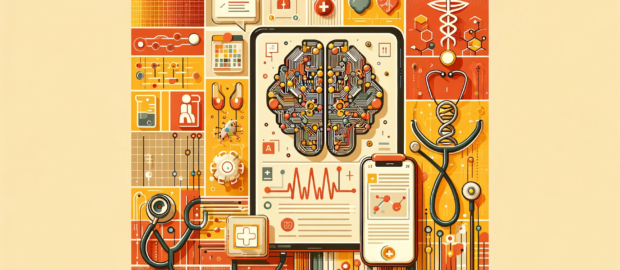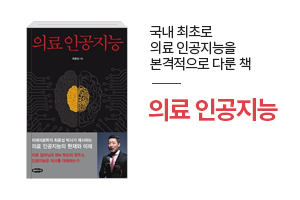최근 워싱턴 포스트에는 ChatGPT와 같은 생성형 인공지능이 희귀 질환의 진단을 위해 활용 가치가 높을 것이라는 오피니언이 실렸습니다.
희귀 질환은 무려 10,000종이 넘게 존재하기 때문에, 심지어 의사들도 잘 알지 못하는 경우가 많습니다. 개별 희귀 질환에 대해서 진단할 수 있는 방법이 없는 것은 아니지만, 진료 시에 의사들이 ‘희귀 질환일 수도 있다’는 가능성을 떠올리지 못하는 경우도 많고, 유사한 증상을 유발하는 희귀 질병이 수백개 이상일 수 있기 때문에, 이 모든 질병에 대한 전문가가 있을 수도 없기 때문입니다. 이 때문에 환자들은 소위 ‘진단 방랑’에 올라서, 여러 의사와 병원을 전전하게 됩니다.
하지만 ChatGPT 등의 생성형 인공지능의 경우에는 환자의 증상이나 진료 기록을 바탕으로, 특정 희귀 질환의 가능성을 효과적으로 제시할 수 있다고 이야기 합니다. 본문에서는 만성 통증 때문에 3년 동안 17명의 의사를 만나고도 병명조차 알지 못했던 한 소년의 어머니가 ChatGPT를 통해서 tethered cord syndrome 이라는 질병의 가능성을 알게 되었고, 결국 해당 질병의 전문가를 찾아가서 최종 진단을 받게 되었다는 등의 사례가 등장합니다. 이 소식은 최근에 Today.com에 소개 되어서 화제가 되었습니다.
최근에 JAMA에는 NEJM에 나오는, 의사들도 어려워하는 질병 케이스에 대해서 ChatGPT가 효과적으로 감별 진단을 내릴 수 있다는 연구 결과가 발표된 적이 있습니다. 또한 일반 환자들도 진료 기록을 입력하면 GPT에 기반하여 진단 결과를 알려주는 DxGPT 와 같은 서비스도 나오고 있습니다. 생성형 인공지능의 의료 활용은 여전히 초기 단계에 있고 앞으로 증명해야 할 점도 많습니다만, 희귀 질환의 진단에 대한 가능성은 매우 중요한 토픽 중의 하나가 될 것으로 보입니다.
The Washington Post recently published an opinion piece on the value of using generative AI like ChatGPT to diagnose rare diseases.
There are more than 10,000 rare diseases, so even doctors are often unfamiliar with them. While there are ways to diagnose individual rare diseases, it often doesn’t occur to doctors at the time of a visit that “it could be a rare disease,” and since there may be hundreds of rare diseases that cause similar symptoms, no one is an expert on all of them. This can lead to patients going on so-called “diagnostic wanderlust” and seeing multiple doctors and hospitals.
However, generative AI like ChatGPT can effectively suggest the possibility of certain rare diseases based on a patient’s symptoms and medical history, according to the article, which cites the case of a boy whose mother, after seeing 17 doctors in three years for chronic pain and not even knowing the name of the disease, was alerted to the possibility of a condition called tethered cord syndrome by ChatGPT, which eventually led to a visit to a specialist in the condition and a final diagnosis. This story was recently featured on Today.com and made the news.
Recently, JAMA published a study in NEJM that showed that ChatGPT can effectively make differential diagnoses for disease cases that even doctors have difficulty with. There are also services such as DxGPT that allow ordinary patients to enter their medical records and receive diagnosis results based on GPT. While the use of generative AI in healthcare is still in its infancy and much remains to be proven, the potential for diagnosing rare diseases is likely to become one of the most important topics.
Discover more from 최윤섭의 디지털 헬스케어
Subscribe to get the latest posts sent to your email.






















